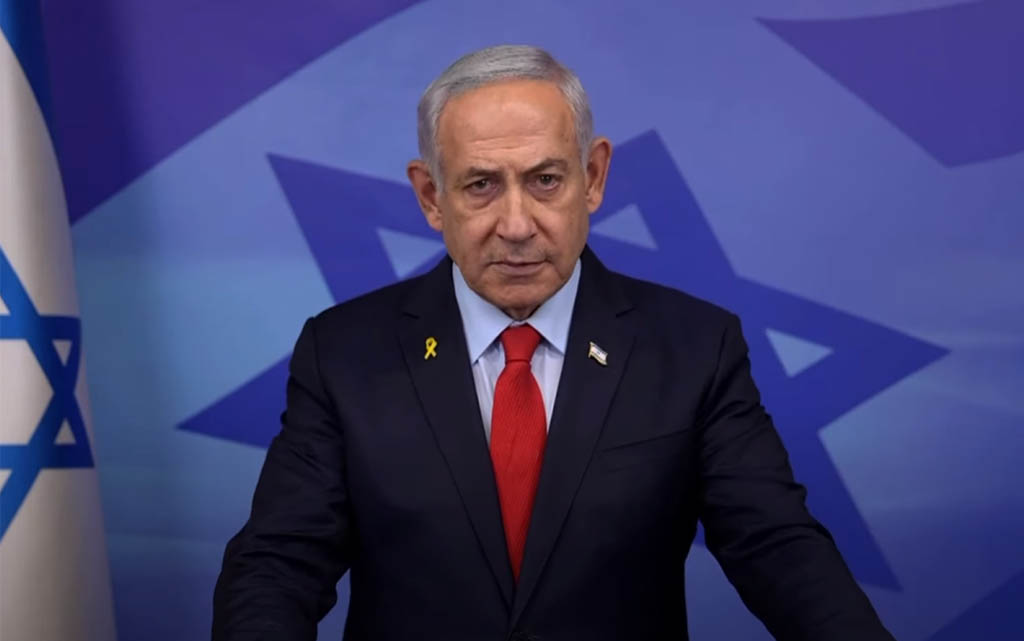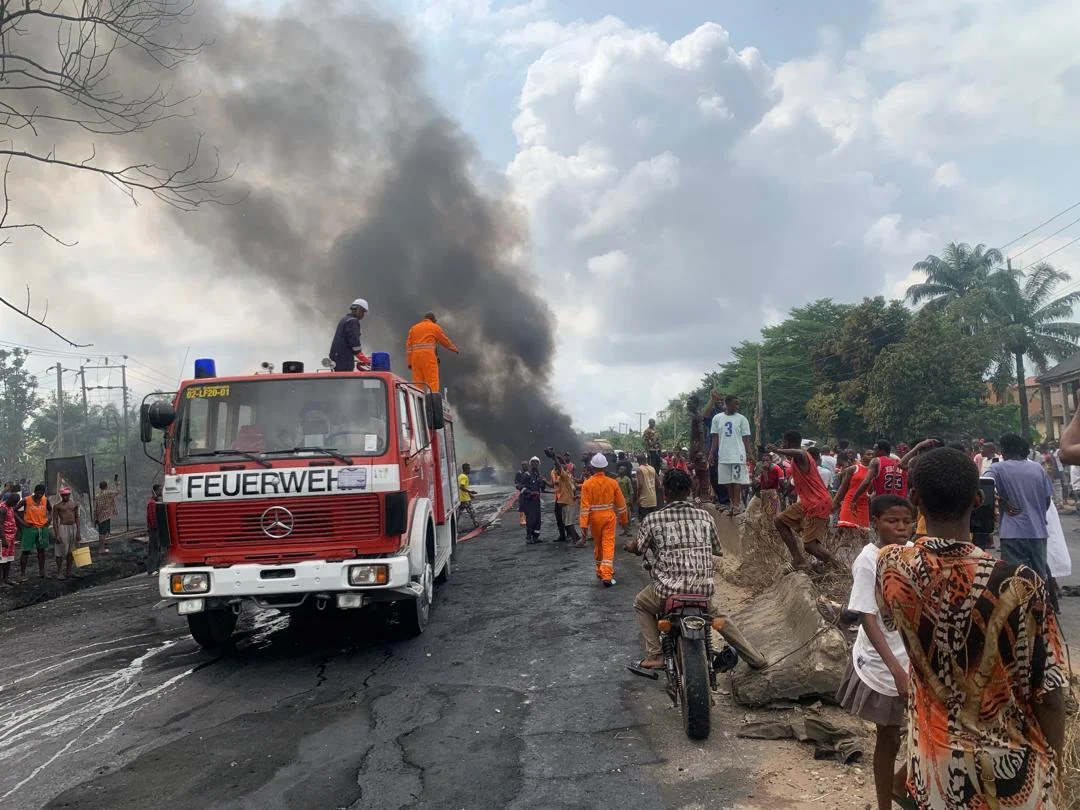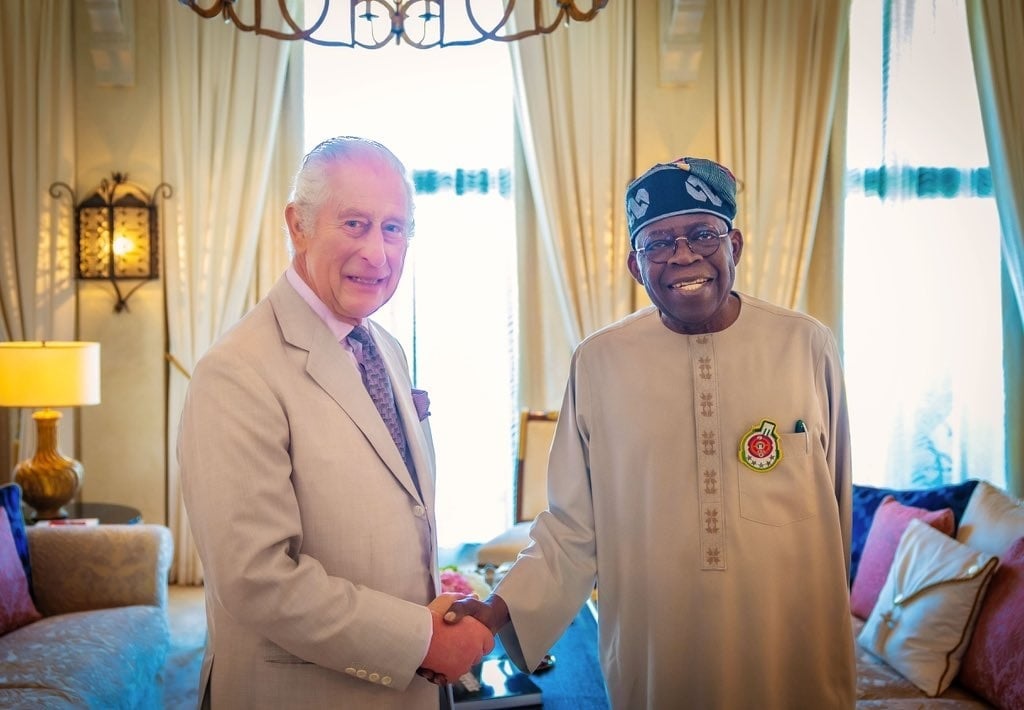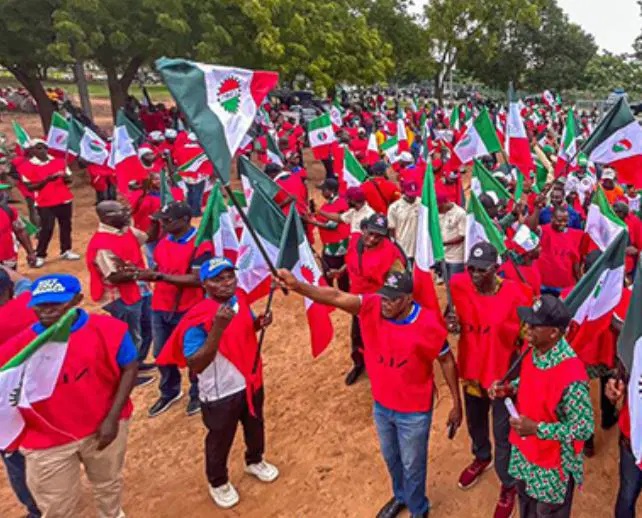Israel and the Lebanese armed group, Hezbollah, agreed to a ceasefire that was brokered by the United States and France.
Under the ceasefire agreement, Israel will gradually withdraw its troops from Lebanon’s south over 60 days.
Over the same timeframe, Hezbollah fighters and weapons will be removed from the area south of the Litani River, a boundary established at the end of the last Israel-Hezbollah war in 2006.
The Hezbollah fighters and weapons will be replaced by Lebanese government forces.
“This announcement will create the conditions to restore lasting calm and allow residents in both countries to return safely to their homes,” said a joint statement from the U.S. and France.
Both countries will join an existing mechanism tasked with enforcing the UN resolution previously set at the end of the 2006 war.
Diplomatic experts have been quick to observe that the acceptance of the agreement by both sides represents a rare victory for diplomacy in the Middle East – a region that has been thrown into chaos by two wars for more than a year.
World leaders wasted no time in acknowledging the efforts invested in getting the parties involved in the conflict to commit to the ceasefire deal drawing attention to the significant role diplomacy can play in the resolution of conflicts.
Diplomacy, according to scholars is the art, the science, and how nations, groups, or individuals conduct their affairs.
This is through safeguarding their interests; promote their political, economic, cultural, or scientific relations, while maintaining peaceful relationships.
Without a doubt, the war between Israel and Hezbollah has come at huge costs to both sides.
Israel has said its military aim had been to ensure the safe return of about 60,000 Israelis who fled from their communities along the northern border when Hezbollah started firing rockets at them in support of Hamas in Gaza.
At least 3,768 people have been killed in Lebanon and 15,699 wounded since October 2023, according to Lebanon’s health ministry as of Nov. 24.
The figures do not differentiate between Hezbollah fighters and civilians. The vast majority of casualties were inflicted after Israel went on the offensive in September.
The number of Hezbollah deaths has yet to emerge. The group had announced the deaths of about 500 of its fighters in the hostilities up until the point that Israel launched its offensive in September but stopped doing so at that point.
Tel Aviv University’s Institute for National Security Studies, which has deep ties to the military establishment, says Hezbollah has lost a total of 2,450.
Hezbollah strikes have killed 45 civilians in northern Israel and the Israeli-occupied Golan Heights.
At least 73 Israeli soldiers have been killed in northern Israel, the Golan Heights, and in combat in southern Lebanon, according to Israeli authorities.
In Lebanon, the cost of damage to housing is estimated at 2.8 billion dollars, with more than 99,000 housing units partially or fully destroyed, according to a World Bank report.
In Beirut’s southern suburb alone, a stronghold of Hezbollah, Israeli strikes have demolished at least 262 buildings, according to the American University Beirut Urban Lab.
Israeli authorities estimate property damage to be at least 1 billion shekels (273 million dollars), with thousands of homes, farms, and businesses damaged or destroyed.
The bulk of the damage in Israel has been inflicted in areas adjacent to the Lebanese border, pummeled by Hezbollah rockets.
As of Nov. 18, over 886,000 people have been displaced within Lebanon, according to the International Organisation for Migration (IOM) and the United Nations High Commissioner for Refugees (UNHCR).
More than 540,000 people have fled Lebanon to Syria since the war started, data by UNHCR showed.
About 55,000 acres of forestry, nature reserve, parks, and open lands in northern Israel and the Golan Heights have been burnt down since the start of the war, Israeli authorities say.
The World Bank report estimated damage in agriculture at 124 million dollars, with losses of more than 1.1 billion dollars, driven by lost harvest caused by the destruction of crops and livestock and displacement of farmers.
The World Bank gave a preliminary estimate of 8.5 billion dollars in damage and losses to Lebanon in a Nov. 14 report.
Lebanon’s real GDP is projected to contract by 5.7 per cent in 2024, compared to a pre-conflict growth estimate of 0.9 per cent.
Driven by the destruction of crops and livestock and the displacement of farmers, especially in the southern regions, the agriculture sector has seen losses exceeding 1.1 billion dollars over the past 12 months.
Foreign affairs experts believe that the U.S.-led diplomatic efforts at this stage represent a temporary ceasefire at least as broader negotiations over the implementation of an ‘enhanced’ version of UN Security Council resolution 1701 continue.
But a few hours after the truce between Israel and Hezbollah was activated, Lebanon’s caretaker Prime Minister Najib Mikati appealed to Israel to fully commit to the agreement and “withdraw from all the regions and positions it occupied”.
Mikati said the ceasefire was a “fundamental step” towards restoring stability in the region.
China said it was “paying close attention to the current situation in Lebanon and Israel”.
China’s Foreign Ministry spokeswoman Mao Ning said, “We support all efforts conducive to easing tensions and achieving peace and welcome the agreement reached by relevant parties on a ceasefire.”
Announcing the ceasefire, Biden spoke at the White House on Tuesday shortly after Israel’s security cabinet approved the agreement in a 10-1 vote.
“This is designed to be a permanent cessation of hostilities,” Biden said.
“What is left of Hezbollah and other terrorist organisations will not be allowed to threaten the security of Israel again,” he added.
Egypt and Qatar, which along with the United States, have tried unsuccessfully to mediate a ceasefire in Gaza, welcomed the Lebanon truce.
Qatar’s foreign ministry said on Wednesday it hoped it would lead to a similar agreement to end the Gaza war, a situation that would concretise the power of diplomacy in conflict resolution and in ensuring collaboration in the aftermath of discord.
Similarly, Iran, which backs Hezbollah and Hamas as well as the Houthi rebels that have attacked Israel from Yemen, said it welcomed the ceasefire.
Hezbollah has not formally commented on the ceasefire.
However, a senior official Hassan Fadlallah said while the group supported the extension of the Lebanese state’s authority, it would emerge from the war stronger.
For the Israeli Prime Minister Benjamin Netanyahu, the ceasefire would allow Israel to focus on the threat from Iran and enable the army to rest and then replenish supplies.
He added that then, Israel would isolate Hamas.
Meanwhile, Turkish President Recep Tayyip Erdoğan has welcomed the ceasefire in Lebanon between Israel and the Hezbollah militia, but called for an end to the fighting in the Gaza Strip.
He urged all parties, especially Israel, to comply with their obligations, saying that Turkey will continue to do everything it can to stop the killing in the Gaza Strip and ensure a lasting ceasefire.
Speaking in an interview with the News Agency of Nigeria (NAN), Amb. Bulus Kolo, Nigeria’s former Ambassador to Ethiopia said it was not enough that only the U.S. and France were engaged in brokering the ceasefire deal.
Kolo, who is a former Permanent Secretary in the Foreign Affairs said, “Some schools of thought fear that the U.S. and France are not enough.
“There needs to be an inclusive approach to this in terms of more of the big powers to ensure a sustainable solution in terms of ceasefire’’.
He said if the ceasefire was to be sustained, “the incoming administration in the U.S. led by President-elect Donald Trump needs to remain committed to ensuring that the deal is sustained so that we do not experience a relapse.
“The Trump administration needs to support this by ensuring that the terms of the ceasefire are adhered to by both parties in the conflict.
“Trump had promised as a candidate that he would end the war within 24 hours. Now is the time for this administration, once he takes over in January’’.
Experts in international affairs have argued that diplomacy, through dialogue could go a long way in resolving conflicts no matter how deeply entrenched.
They warned that considerable work still needed to be done in the days and even weeks ahead so that the ceasefire would remain in place. (NAN)





